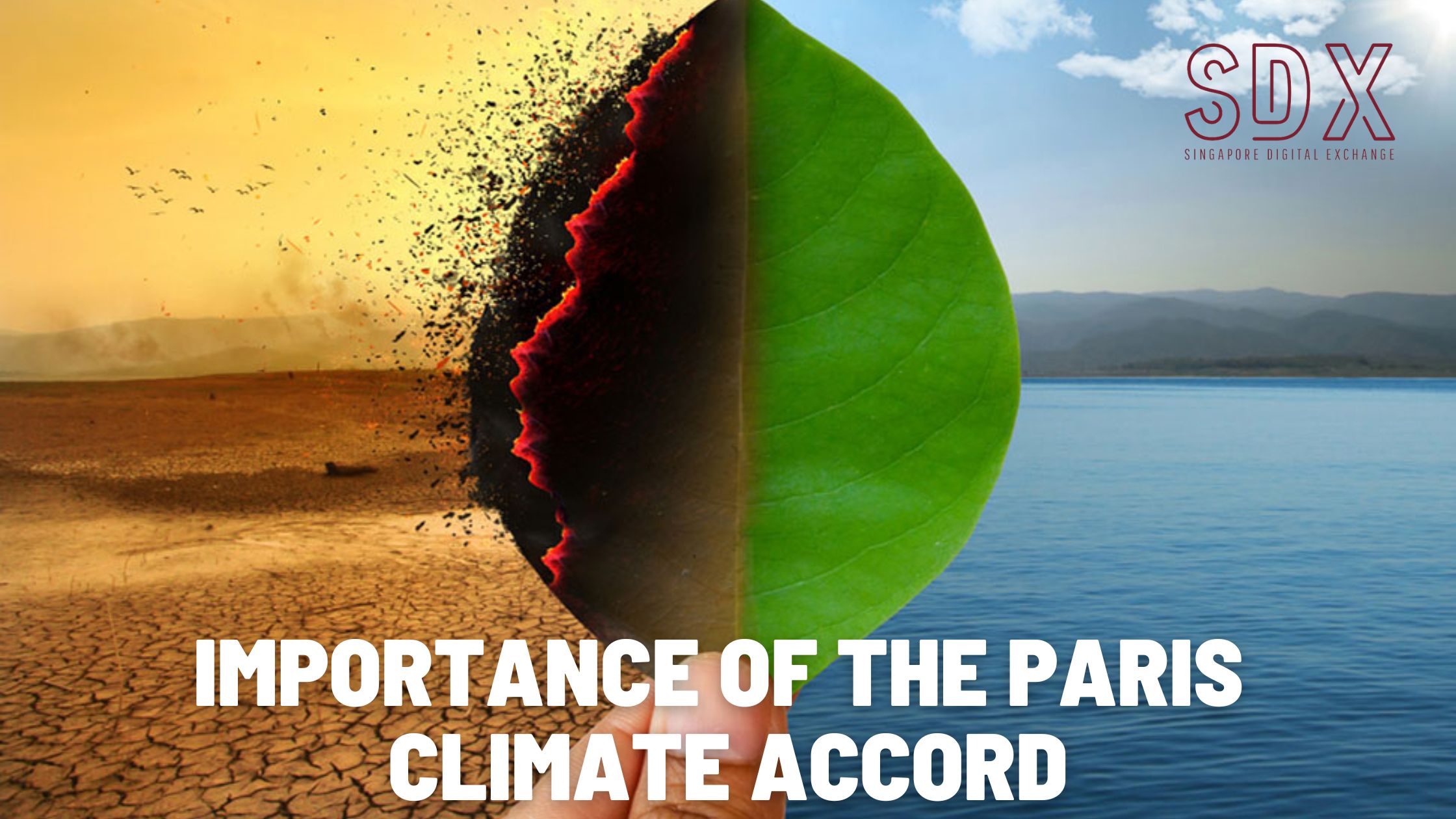Introduction
The largest congruent of nations have finally arrived at a draft agreement after the removal of major irritants involving the developing nations and they have largely started taking earnest efforts at slashing carbon-based energy fuels since last year. Last year, the damning difference between the developed and developing nations, forced them to stay put in their demands during the Copenhagen summit. Many scientists had shown through studies that the earliest effects due of the rising temperature have started appearing across the globe, mostly in the form of devastating floods as seen in Miami and the unforeseen drought and water shortages as seen in some parts of northern China.
Paris Accord
This time around, the stakeholders were able to reach a deal. The delegates acknowledged this development with cheers and standing ovations at the summit venue. The fact of the matter is that the accord currently clinched was evasive for several decades in past due to a major issue. It was about accountability. The previous meetings failed to reach a consensus on finding the member who is most polluting the atmosphere. In the past, the developed countries tried to absolve this responsibility due to domestic pressures from countries like India and China. These countries wanted exemption from this binding obligation. The present form of the accord has many takers. The delegates have hailed this agreement as the universal agreement on climate change, as each member country has to give its share. In the current form, every country, big or small, must participate to curb fossil fuel usage.
Each signatory to this landmark deal has some legally binding things to do to bring down the dependence on fossil fuels by 2020. For this, they have to bring in stringent legislation in their dominion and promote the use of renewable and carbon-free energy sources such as nuclear, wind, solar, and water powers. As per the requirements of the new accord, the quantum of change expected of each signatory country is very fluid. This would largely vary with the scope and ambition of each member country.
Anyhow, they have to reconvene the Earth Climate Meet every five years, starting from 2020, and discuss their updated plans as follow-up initiatives to stay under the scrutiny of other member countries. Through these midterm reports, they have to discuss what they are doing to cut the emissions against their submitted plans. Other member countries will be legally monitoring and reporting on the emissions level achieved by each member country against the submitted report. This reporting would be done using a yet-to-be-developed Universal Accounting System. However, there is no mechanism evolved to discuss the long-pending demand of the developing countries on setting up a $100 billion a year corpus for helping them tide over the changes in the climate in the coming years. In its place, there is only a passing reference to this in the preamble of this accord. Hence, it is not legally binding on the participating nations to set up a corpus for the same. In the larger interest of the planet, the least developed countries have not made this an issue this time.
For several decades scientists, activists, politicians, and educators have been warning of the dangers caused by global warming. Until recently this issue wasn’t taken seriously and was beyond most people’s realm of concern. However as reports of rising sea levels, rapidly degrading air quality and an exponential increase in natural disasters continue to increase the world is finally taking notice. On November 4th, 2016 the Paris Climate Agreement went into effect with the support of 195 countries. This is the world’s first comprehensive climate agreement and its main goal is to hold the increase in the global average temperature to below 2°C above pre-industrial levels.
Why Is This So Important?
Our Mother Earth is being destroyed and she needs all the help she can get to fight back. The vast majority of the scientific community has agreed that if we can’t stem global warming to 2°C above pre-industrial levels that life as we know it will cease to exist within our lifetime. Many reports state that we have between 6 – 20 years before global warming becomes irreversible but the general consensus is about 12 years. We have already lost countless species of wildlife to global warming and see many more populations dwindle every day. Each year since 2008 an average of 24 million people are displaced by weather-related disasters around the world.
What Does The Paris Agreement Cover?
Since there are so many variables in combating climate change, as well as differences in each nation’s emissions, renewable energy usage, and economic abilities, the Paris Agreement is open-ended.


